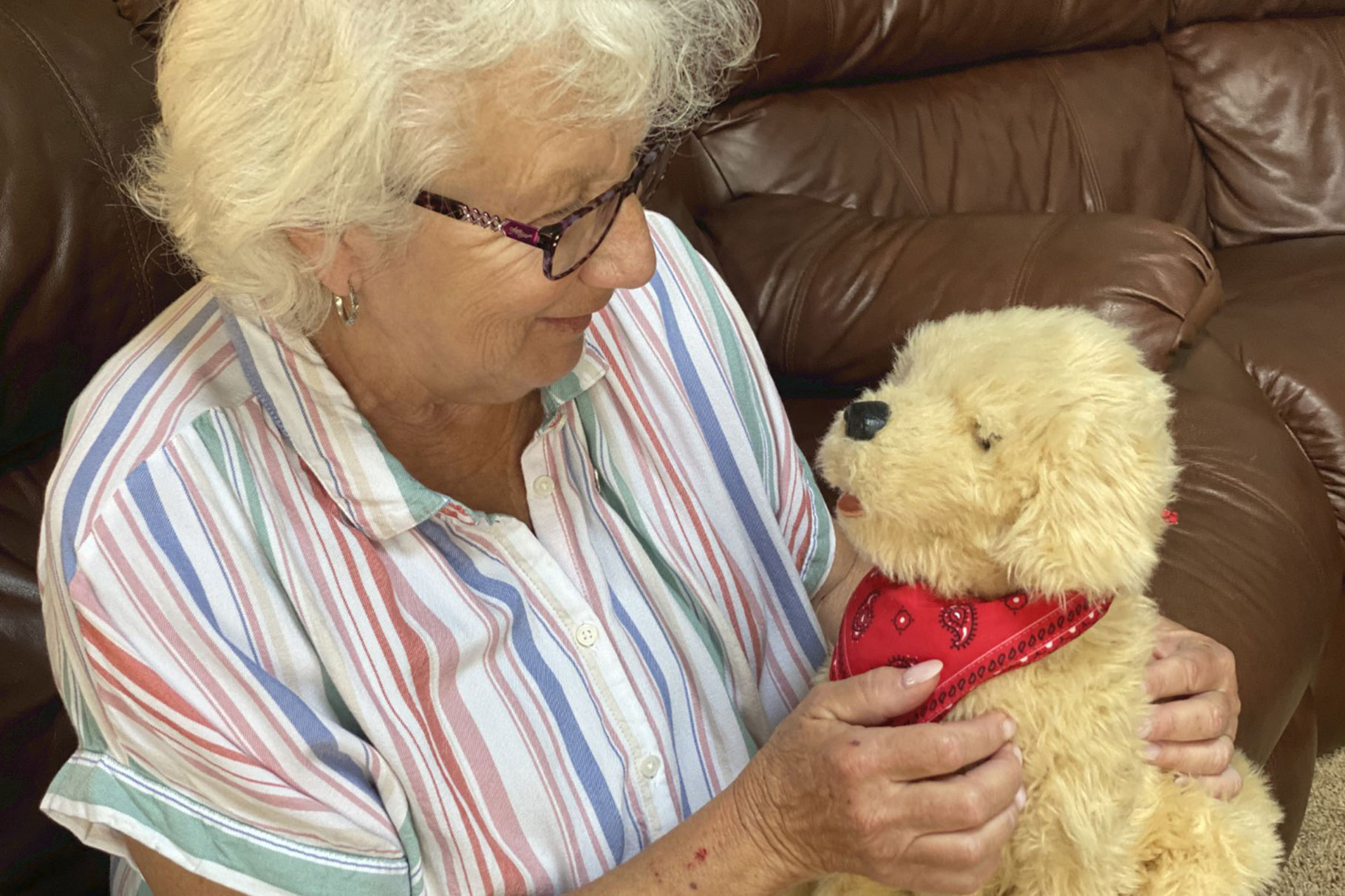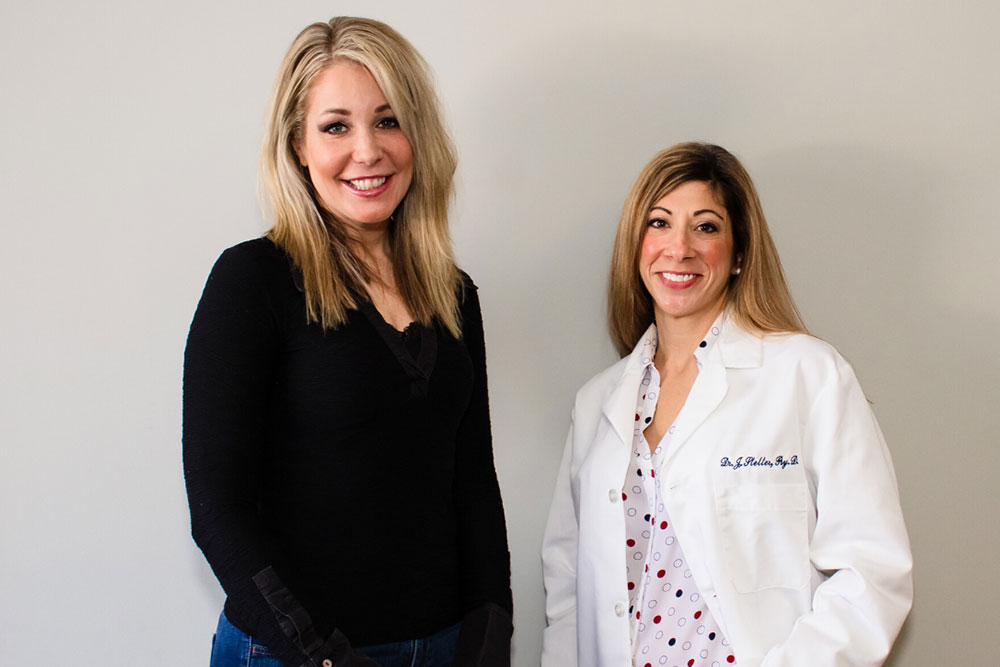RESOURCES
OUR CONTRIBUTORS



Dow Stick is a freelance health writer and nurse practitioner in Western North Carolina. She earned a Bachelor of Science degree in Biology from the University of Mary Washington and a Master of Science degree in Nursing from East Tennessee State University. Her experience as an advanced practice nurse includes adult primary care, hospice and palliative care, chronic disease management, and addiction medicine. Her interests are in the health and wellness of older adults as well as the advocacy and support of those living with dementia, especially her own 95-year-old grandmother.

Courtney Battaglia is a registered nurse with a bachelor’s degree from the University of Texas at Arlington. She has over 12 years of experience working directly with patients, many of whom experienced the effects of Alzheimer’s and dementia. Courtney is dedicated to providing resources for families and patients who are experiencing this diagnosis and continues to advocate daily for this population.

Susan Kitchen, MPH, RD, CSSD, LD/N, is a Sports Certified Registered Dietitian, USA Triathlon and Ironman Certified Coach, accomplished endurance athlete, and published author. She is the owner of Race Smart, a performance nutrition and coaching company that works with athletes across the globe as they strive toward optimal health, fitness, and performance.
Our Resources

Are You Ready for the Holidays?
Spending time together as family, especially around the holidays, is priceless. However, sometimes this can be a challenging season for individuals with Alzheimer’s disease or other forms of dementia and their loved ones, as they may not be able to communicate with each other as well as they used to, share their thoughts and engage […]

Is It Ok for People With Dementia to Primarily Drink Supplements?
Ponder this question…if you could only drink your meals for the rest of your life, would you want to? I think hardly not. It’s not a way of life…it’s not quality of life. However, it’s up to each person; it’s their right to decide this. But we know that when people are progressing in their […]

Social Prescription in Dementia Care
When we think about how far research has come in dementia care, the unfortunate reality is that there is still no known medicine for it, as well as no cure. We truly think our industry is close. Therefore, the medical model doesn’t work in dementia care. However, we can’t say that there isn’t any treatment available, because we have social prescription. Social prescription is about getting to know the whole person living with dementia, from their preferences in life, roles they’ve been in, understanding what makes them happy and calm, who surrounds them in their life, and their strengths and weaknesses; essentially it’s the essence of who they are. Around 70-75% of a person’s overall health are their social determinants, not their physical or medical health. And several modalities in dementia care have proven positive outcomes by using aspects of social prescription, like the Best Friends™ Approach, Montessori Method, and Validation Therapy. The newest empirically-validated approach upholding social prescription is the Dementia Connection Model©.

Connecting to Those Who Have Dementia. It’s Simple.
Caregivers of those with dementia experience a wide range of emotions during their caregiving journey, including a sense of loss that they can no longer connect to that person, like they could before. Or, for those who are new to caregiving for that individual, they just can’t feel successful in aligning with them. With many frustrating interactions, they find themselves saying things like “This isn’t who my mom is” or “I just can’t seem to do anything right for her” or “Why does this keep happening?”, leaving the caregiver feeling hopeless.
